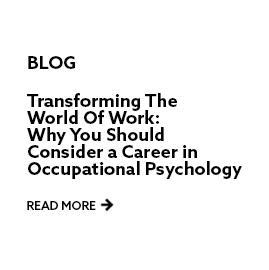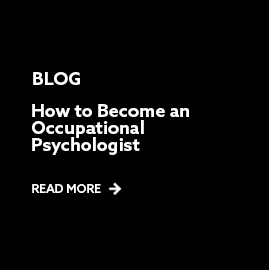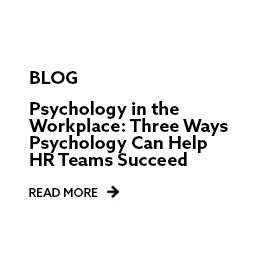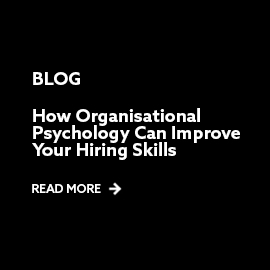Open new doors with an MSc in Occupational and Organisational Psychology. Whether your goal is to qualify as a Chartered Occupational Psychologist or you’re happy in your chosen career but want greater insight into how people think, act and feel within a business environment, this course is designed around you. &�Բ�����;
If you’re interested in business psychology, or industrial psychology, particularly in relation to people management or HR, this this Occupational and Organisational Psychology course is for you. It will allow you to explore how human behaviour affects and is affected by the functioning of workplaces and their staff and covers everything from hiring to productivity and learning on the job.
The Masters has been designed to help you to specialise after you’ve completed your existing psychology qualifications or as a career transition from those students coming from another discipline. Accredited by the British Psychological Society (BPS) as Stage 1 Occupational Psychologist training, the MSc is suitable for students with a psychology degree, now looking to take the next step towards a career as a Chartered Occupational Psychologist in the UK. It is also open to those with a different academic background, working in a career such as HR, Consultancy or Management, where a better understanding of the psychology behind workplace wellbeing, engagement, selection, assessment, and learning and development would be beneficial. Business psychology careers are a growing field and those with specialised Occupational and Organisational Psychology qualifications will be an asset to many companies.
Study is flexible. You can complete the course 100% online, fitting your learning in around your personal and professional commitments. You can also complete the course at your own pace, in around two years or taking a little longer if needed, plus you can pay in module-by-module instalments. With no need to travel to campus, you can work from anywhere, at any time, and on any device. &�Բ�����;
If you have any questions about this degree, visit our course FAQ pages. &�Բ�����;
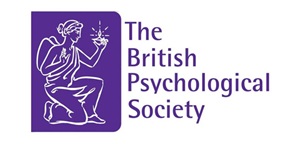
Please note, our next intake will be running in October 2025. We are not accepting applications yet, however if you are interested in joining us, please fill in the Request More Information form at the bottom of this page; we then be in touch once our application portal opens.
In order to ensure BPS standards are met, and the integrity and quality of this course is upheld, places on the October 2025 intake will be limited. Due to high demand, places will be allocated on a first come first served basis to applicants who meet the entry criteria. Once the portal is open, we encourage you to submit your application as early as possible to avoid disappointment. If you would like to speak to someone about this, please feel free to call us on 0191 276 4874 or email DLstudentenquiries@northumbria.ac.uk
 Option for Placement Year
Option for Placement Year Option for Study Abroad
Option for Study Abroad





